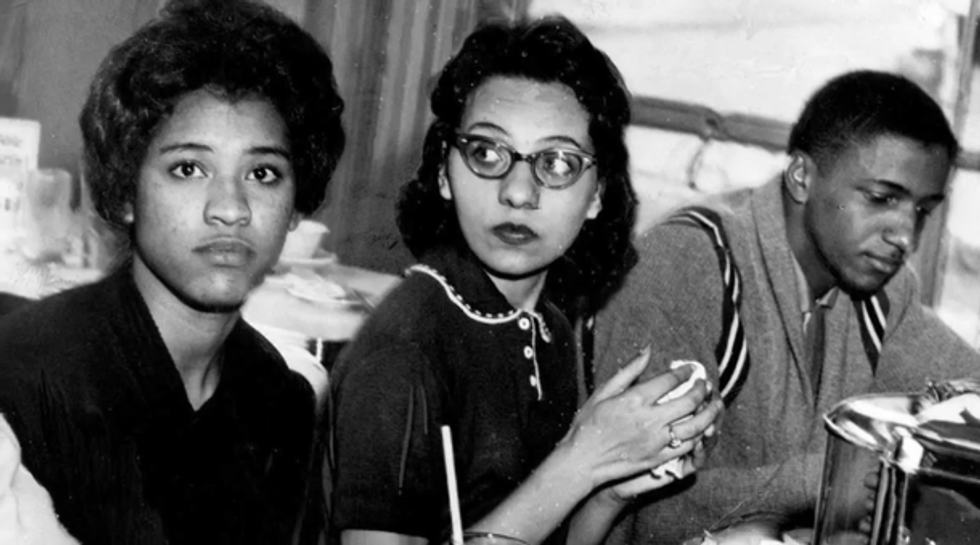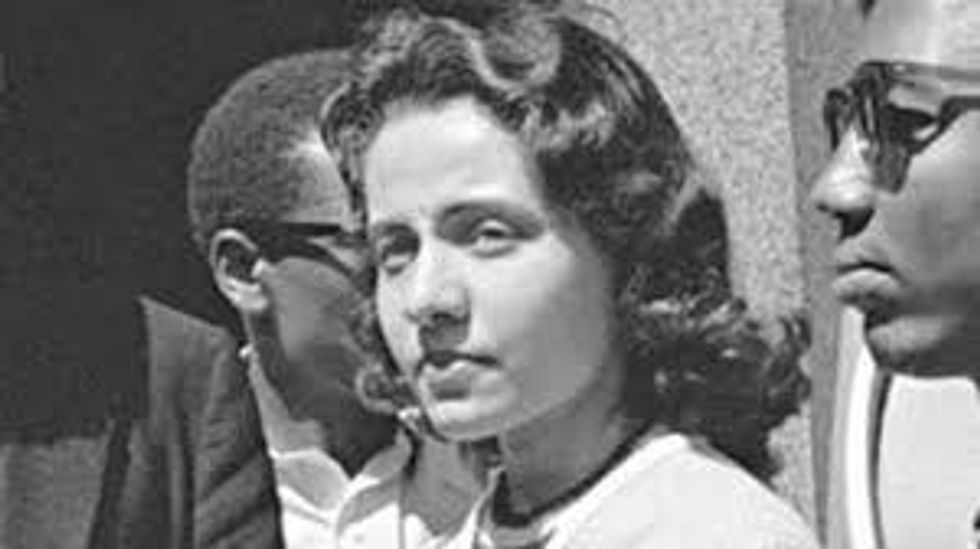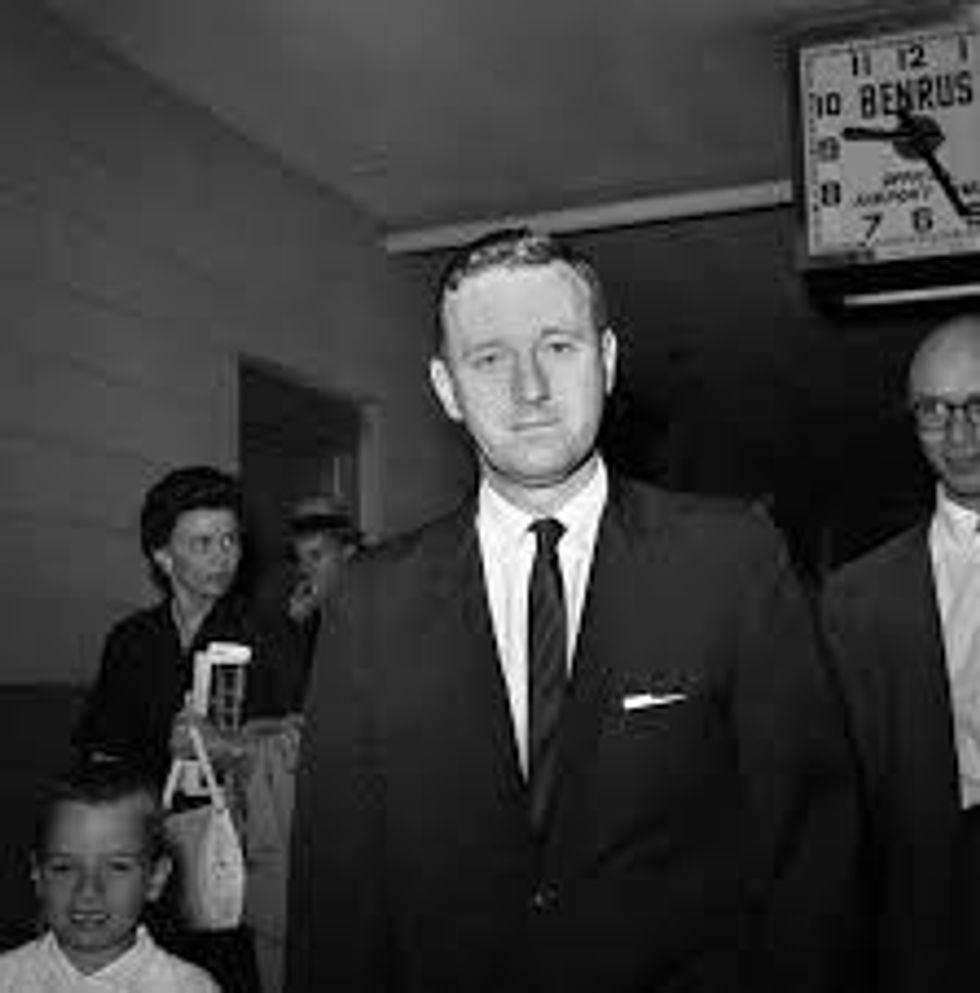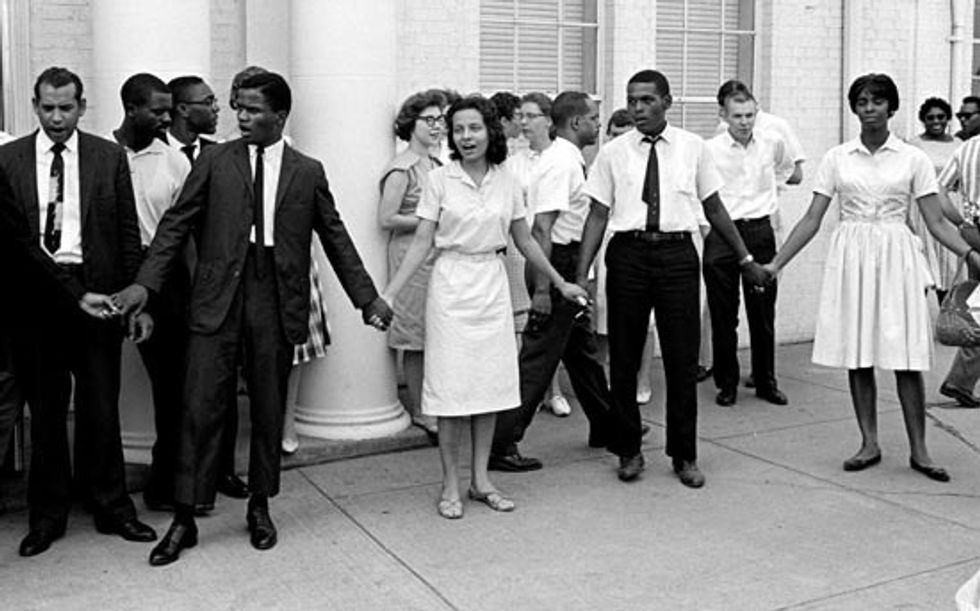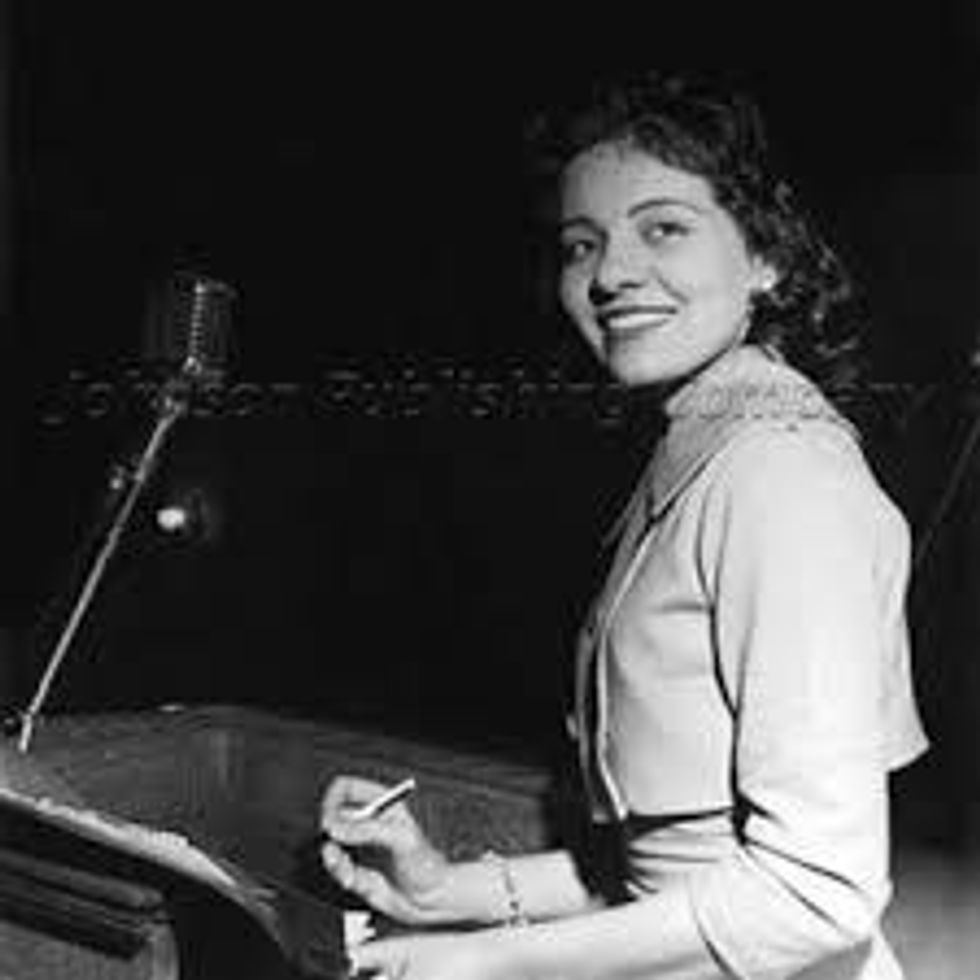Diane Judith Nash is an American civil rights activist and a leader and strategist of the student wing of the Civil Rights Movement. Nash's campaigns were among the most successful of the era. She led CORE (Congress of Racial Equality) meetings and aided students from Fisk University through a Freedom ride. She is also one of the founders of the Student Nonviolent Coordinating Committee (SNCC) of the American civil rights movement.
Here are five reasons why you should know this heroic leader.
1. At age 22, she became the unofficial leader of the 1960 sit-ins that desegregated lunch counters in Nashville, Tennessee, encouraged by sit-ins in February in Greensboro, North Carolina.
At a very early age, Diane and her fellow classmates witnessed harsh racial prejudice around their college town. Her acts supported her reasoning behind refusing to condone the unjust and unruly practices that are performed.
2. After the Nashville sit-ins, Nash helped coordinate and participated in the 1961 Freedom Rides across the Deep South.
3. Nash stunned the special assistant to Robert F. Kennedy with her words.
In the PBS documentary, "Freedom riders," John Seigenthelar details their conversation:He was instructed by Robert F. Kennedy to call Diane Nash and warn her of what awaits the Nashville Freedom riders.
Seigenthelar: "I said, I understand that there are more freedom riders coming down from Nashville. You must stop them if you can."
Nash: "They're not gonna turn back. They're on their way to Birmingham and they'll be there shortly."
Seigenthelar: "Young woman do you understand what you're doing, you're going to get someone killed."
*Pause.*
Nash: "Sir, you should know we all signed our wills and testaments last night before [we] left. We know someone will be killed, but we can not let violence overcome nonviolence."
Seigenthelar: "Here I am official of the United States government representing the President and attorney general...talking to a student at Fisk University and she in a very quiet, but strong way gave me a lecture."
4. She urged others to use their voice.
Nash organized and led many of the protests which ultimately involved hundreds of black and white area college students.
5. She refused to be silenced.
Today Nash is viewed as an American hero, not only by blacks but all other races. Her work and knowledge on civil rights issues gives all Americans today the encouragement to stand up and speak out.




